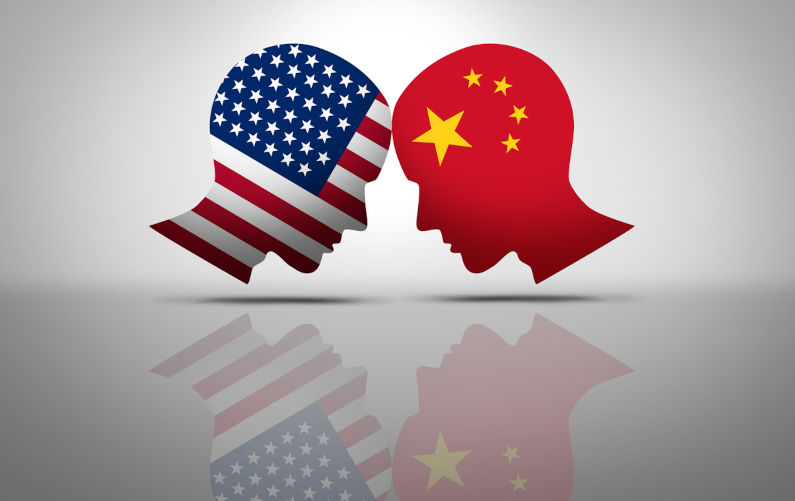For more than 40 years Hugh White has been an important analyst of Australian defence and foreign policy.
After working in the Office of National Assessments he became an adviser to Defence Minister Beazley and Prime Minister Hawke, He was a deputy secretary in the Department of Defence and the first head of the Australian Strategic Policy Institute which he left for academia. He’s written books and lengthy essays, many with a focus on China.
At the end of his book How to Defend Australia White said that “we will not effectively address the strategic choices we face today until we find leaders who understand more about our past, think more deeply about our present, and create and convey a more credible vision of our future in Asia…”. That’s not a bad description of White’s method.
Most recently he’s been interviewed at length by a Japanese based policy research group, Neutrality Studies.
In the interview White discusses the growth of Chinese power and ambition, the consequent effects on US power in the region and Australia’s security.
While it’s difficult to tell precisely how growing Chinese power might express itself, White thinks it unlikely the Chinese will be as militaristic as many other great powers have been.
He says it would be wise for Australia to draw closer to other countries in our region who are inclined to recognise Chinese power and learn to live with it. A difficulty, however, is that Australian has tightly aligned itself with the US policy that seeks to contain China and to countenance doing that militarily. White sees this alignment as unwise as US policy is unlikely to succeed and risks a catastrophic nuclear war.
White notes that at present the close political bipartisanship about Australia’s adherence to US strategic policy in the Asia-Pacific is hostile to dissent or debate and is unlikely to be readily moved.
He also reasonably claims that US huffing and puffing about China is more talk than action and that while the US is likely to remain a force in the region it may no longer seek primacy, leaving Australia to find another strategic way. In these circumstances any need, as yet unexplained by either the Morrison or Albanese governments, for nuclear submarines could be discounted to the point where the whole enterprise could be abandoned with the saved hundreds of billions of dollars being put to better defence and other worthy public purposes.
White’s long interview can be viewed here:
Or those with more leisurely timetables could wait for a mid-year edition of the Quarterly Essay which will set out his views more accessibly.
It’s to be hoped White’s provocations can help further a broader discussion of Australia’s defence and foreign policies than has been permitted by the present cosy and risky political consensus. Those policies are badly in need of a good shake up.
Paddy Gourley is a superannuated Commonwealth public servant.
